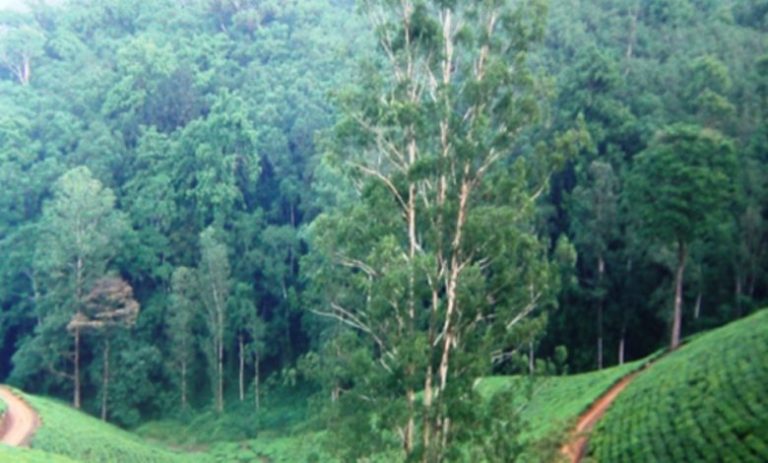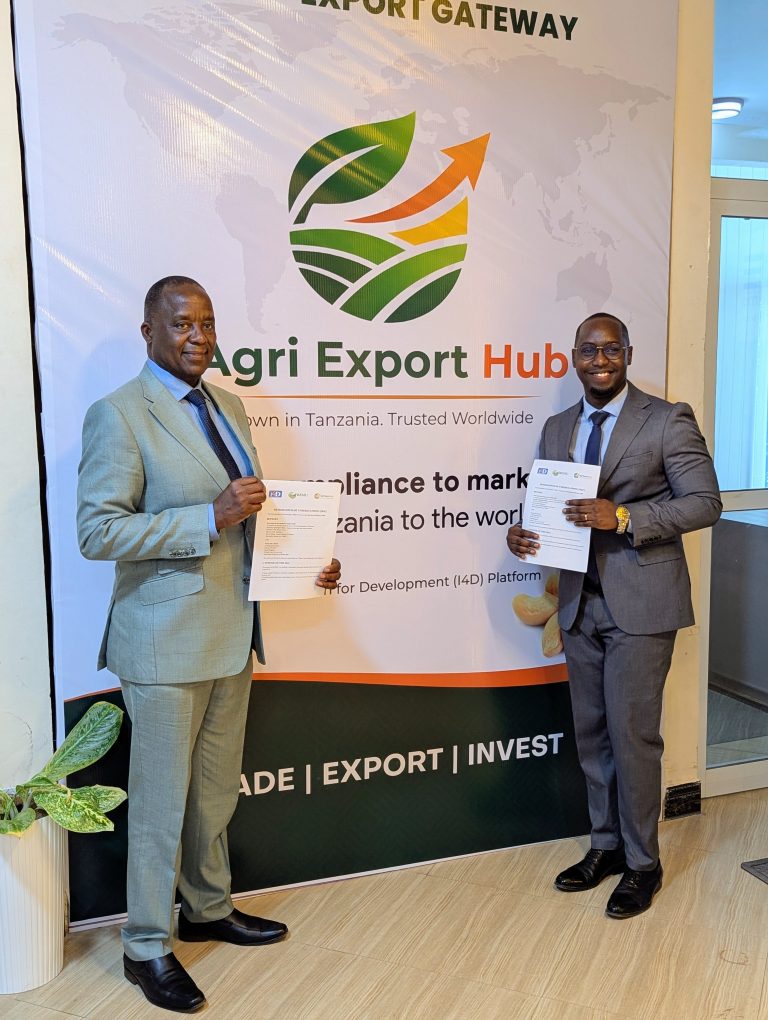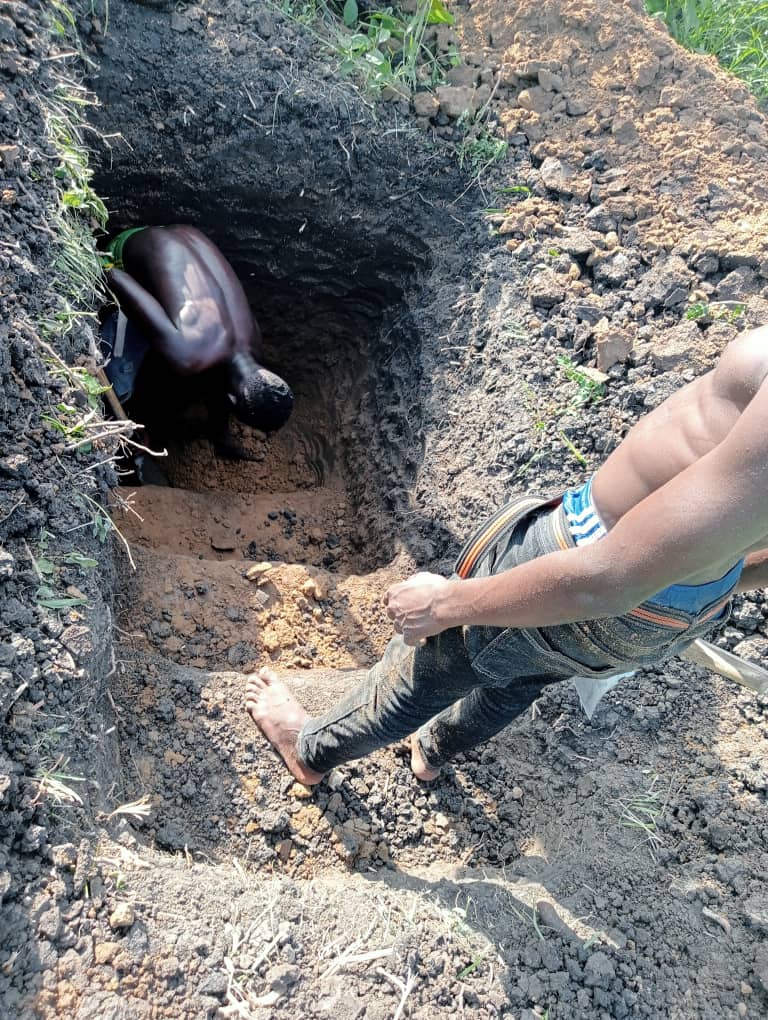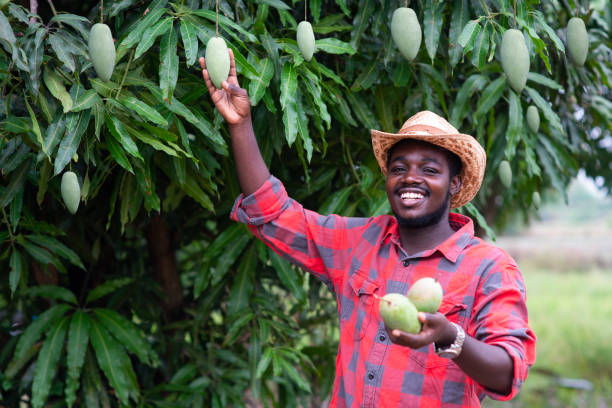
Tanzania is a significant mango producer, ranking 12th globally with an annual production of approximately 700,000 metric tons
FARMERS in the central zone corridor will soon start to reap benefits from the mango sub-sector as the country’s envisaged agriculture project, Agricultural Growth Corridor of Tanzania (AGCOT) plans to introduce them to vast cultivation of the edible stone fruit.
AGCOT is a national initiative in Tanzania designed to transform the agriculture sector through public-private collaboration and targeted interventions. It builds upon the success of the Southern Agricultural Growth Corridor of Tanzania (SAGCOT) and aims to foster sustainable agriculture, increase agricultural exports, and create rural jobs.
Expecting to commence from next fiscal year, the robust initiative which is expecting to run for at least 20 consecutive years is an extension of the Southern Agricultural Growth Corridor of Tanzania (SAGCOT).
Chief Executive Officer (CEO) with SAGCOT, Mr Geoffrey Kirenga said the central zone has agricultural potential to support vast production of mango varieties.
“Mango stand among economic cash crops with a high export value, ten times over from what the country is currently generating from exportation of cashew,” Mr Kirenga observed.
He added, as part of implementation of AGCOT, the major task will be to improve production and productivity of the strategic crops that have been identified by the government through the Agricultural Master Plan (AMP) in all zones of its operations.
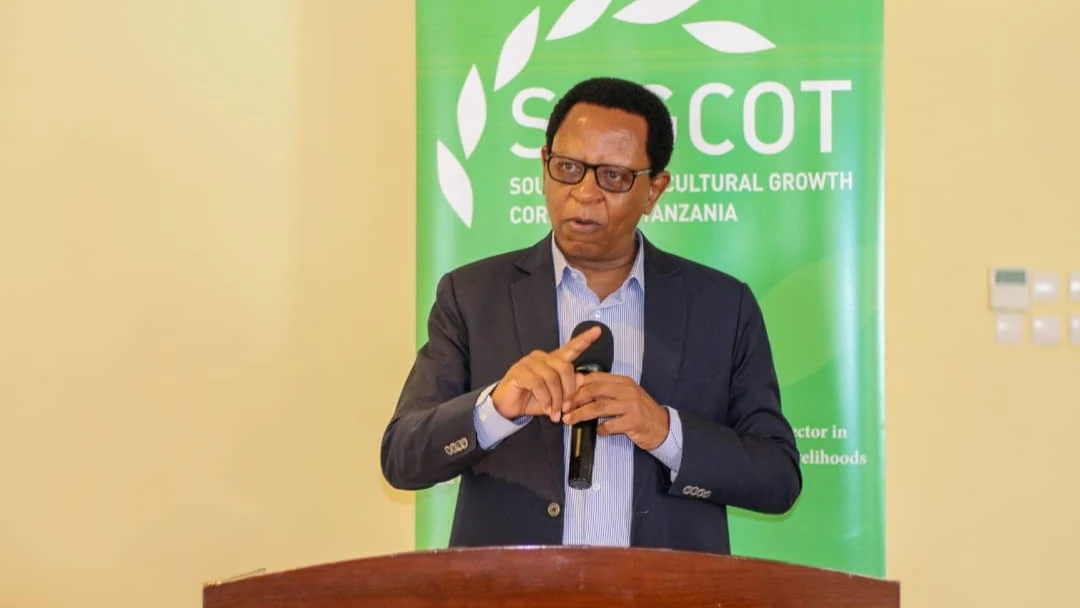
Mr Geoffrey Kirenga
“Basing on the experience gained through implementation of SAGCOT, this project will also work to ensure farmers in all zones adopt cultivation of all prestigious cash crops that can flourishes in abundant in their respective zones,”
“The zones are Northern Zone (Arusha, Kilimanjaro, Manyara, Tanga), Southern Zone (Lindi, Mtwara, Ruvuma), as well as Lake and Central Zone (Dodoma, Singida, Tabora, Shinyanga, Mwanza, Geita, Simiyu, Mara, Kagera),” he said.
Citing some vivid examples, he said through SAGCOT farmers in Njombe region were introduced to the cultivation of round potatoes, added: “Before inception of the project, no one in Njombe region used to speak of potatoes, but today, the region leads for production of the crop with large tonnages are being exported to Kenya,”
Briefing over the execution of the envisaged project, AGCOT, Mr Kirenga said the initiative launched recently by the government will see 99 percent of its investment come from the private sector.
“As per the set strategy, the project will impact both farmers and pastoralists in the selected zones through introducing them to recommended practices to help improve their production and productivity, assist them in terms of value addition as well as market linkages,” he added.
With development of the project’s blueprint is currently on the verge in order to determine the exact amount needed to enable the project to run for twenty years, he informed that the initiative will identify and work in sync with all potential stakeholders who are involved in agriculture and livestock sectors in the zone.
Establishment of AGCOT surfaces as a brain child of the Agricultural Growth Corridor of Tanzania (SAGCOT), the country’s robust project which has worked to boost production and productivity in the sector within many regions across the country.
Tanzania is a significant mango producer, ranking 12th globally with an annual production of approximately 700,000 metric tons.
The country’s mango production has seen steady growth, with an average increase of 1.7 per year since 1966.
Tanzania’s mango production is largely driven by smallholder farmers, and there’s potential for further growth through improved infrastructure and market access.
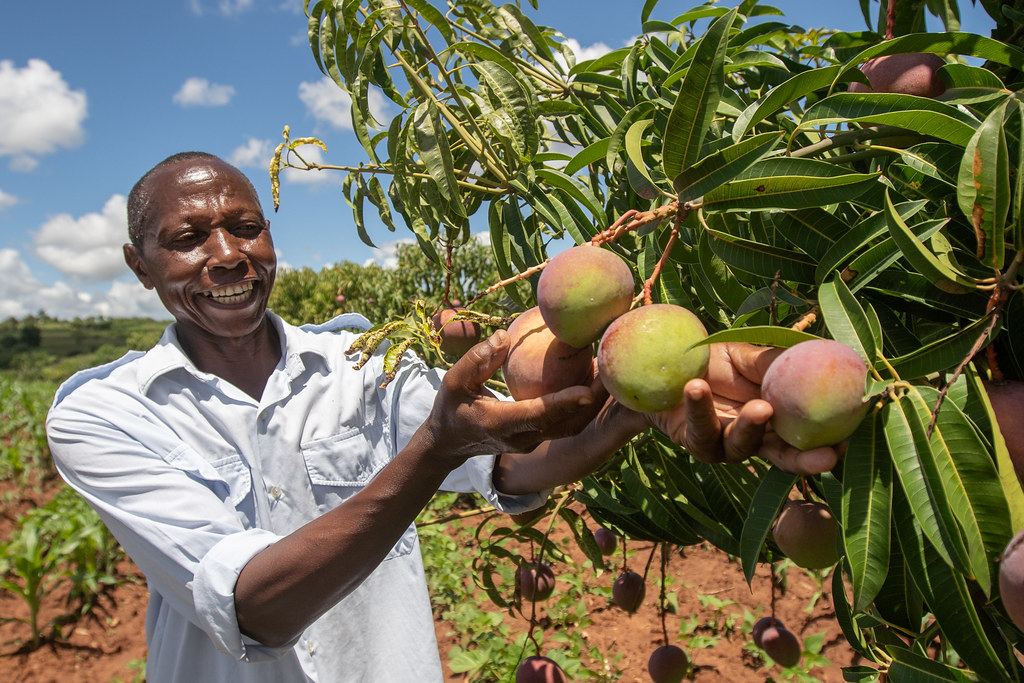
Mangoes are a beloved fruit in Tanzania and around the world, enjoyed for their sweet taste, vibrant color, and versatility in culinary applications.
Tanzania’s favorable climate and diverse agro-ecological zones make it an ideal location for mango cultivation.
MANGO VARIETIES IN TANZANIA
Tanzania boasts a rich diversity of mango varieties, both indigenous and introduced. Selecting the right variety is crucial for success, as different varieties have varying characteristics, adaptability to specific regions, and market demand.
MANGO PRODUCING REGIONS
Tanzania’s major mango-producing regions include Tanga, Tabora, Morogoro, and the Coastal Zone. Other regions like Mkuranga (part of the Southern Agricultural Growth Corridor) and Chamwino district in central Tanzania are also developing mango production. The Uluguru Mountains and Moshi are also known for successful mango farming models.



